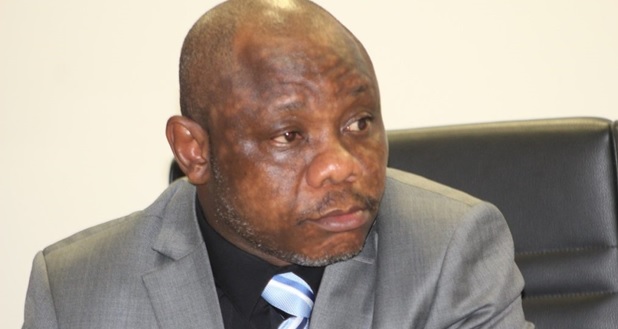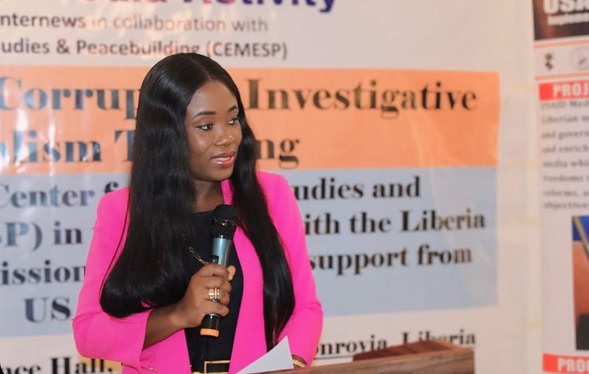MONROVIA – In a searing critique, activist Martin K. N. Kollie has highlighted the deepening legal troubles of former Liberian Finance Minister Samuel D. Tweah. Facing criminal charges over a US$6.2 million FIA scandal, Tweah finds himself in a precarious situation compounded by U.S. sanctions and the challenges of securing a bail bond.
The charges against Tweah are bailable, meaning an insurance company could theoretically file a bail bond of US$12.4 million to keep him out of jail before, during, and after his trial. These provisions are detailed in Chapter 13.2 to 13.4 of the Criminal Procedure Law and Chapter 63.1 of the Civil Procedure Law. However, Tweah, affectionately known as “D-Tweah,” has hit a major roadblock. Despite hiring a team of lawyers to secure a bail bond, no insurance company is willing to take the risk.
The reluctance of insurance companies stems from an official warning by the U.S. government, which has explicitly directed the Central Bank of Liberia, commercial banks, and other businesses, including insurance companies, not to engage in transactions with sanctioned individuals using U.S. dollars. The repercussions for defying this directive are severe, potentially leading to the collapse or insolvency of any insurance company that offers a bond to Tweah, a U.S.-sanctioned designee.
Given this predicament, Tweah remains in hiding. The legal team’s failure to secure a bail bond leaves Tweah with few options. If he cannot obtain the necessary bond, he faces the prospect of incarceration before, during, and after his arraignment and potential conviction. Kollie aptly describes this as a “catch-22” situation, where Tweah is trapped between complying with the court’s orders and facing inevitable legal consequences.
Adding to his woes, Tweah has been directed by the Monrovia City Court to present himself this week. Failure to comply could lead to the Government of Liberia issuing an INTERPOL Red Notice for his arrest and extradition, effectively treating him as a fugitive and common criminal. The gravity of the situation is further intensified by Tweah’s invitation from the Liberian National Police for questioning regarding his alleged involvement in the mysterious death of former Internal Audit Agency (IAA) boss Barten Nyeswa.
This dual pressure—criminal charges related to the US$6.2 million scandal and potential involvement in a murder investigation—paints a bleak picture for the former finance minister. Kollie notes that Tweah’s reputation is irreparably damaged, with his name now synonymous with a range of criminal offenses, including theft, misuse of public funds, criminal facilitation, and money laundering.
The implications of Tweah’s legal battles are profound. His case underscores the urgent need for accountability and transparency in Liberia. Activist Kollie calls on President Joseph Boakai to take a firm stand against corruption, emphasizing that ending impunity is crucial for the nation’s progress. Tweah’s case serves as a stark reminder of the pervasive corruption that has long plagued Liberia’s public sector, and the pressing need for reforms to restore public trust.
The legal quagmire surrounding Samuel D. Tweah highlights the difficulties and challenges of pursuing justice in a system influenced by both local and international pressures. As Tweah’s fate hangs in the balance, the broader message is clear: the fight against corruption in Liberia must be relentless, and those in power must be held accountable for their actions. Only through such measures can Liberia hope to achieve true transparency and integrity in governance.







